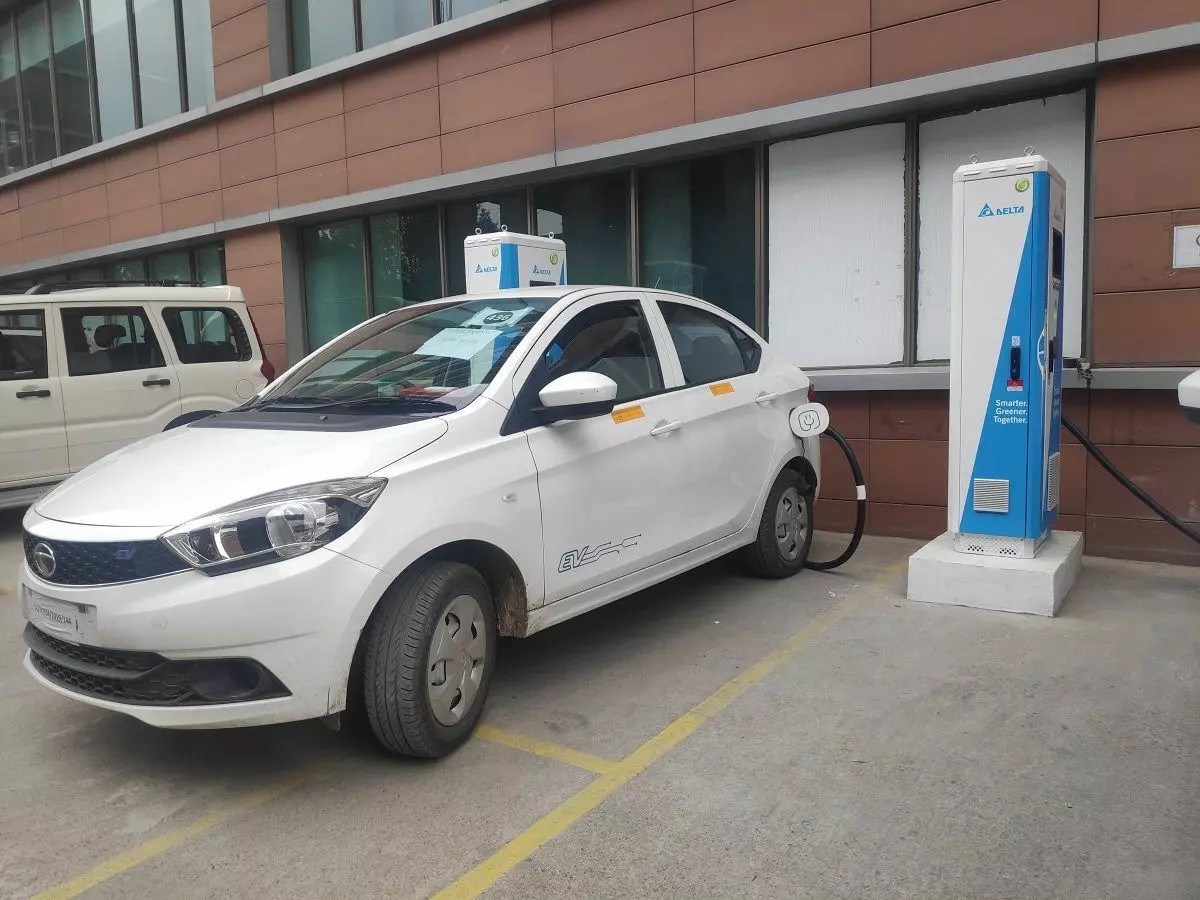From April 1, Commercial Electric Three And Four Wheelers Will Have To Show Permit To Avail Incentives
The Indian government has offered several incentives for electric vehicle users. Those using these incentives for public transport though will now have to produce a valid permit to be able to do so. The second phase of the FAME scheme was approved by the cabinet on the last day of February.

Through its Rs 10,000 crore budget for the second phase of FAME scheme, the Indian government has offered several incentives for electric vehicle users. Those using these incentives for public transport though will now have to produce a valid permit to be able to do so.
Starting April 1, all the electric three-wheelers and four-wheelers used for public transport will have to produce a valid permit from a government agency to be able to avail any corresponding incentives. The mandate comes as a part of the operational guidelines laid down by the Heavy Industry Ministry for the available incentives under FAME-II.
The mandate comes as a measure to ensure that the demanded incentive is not being misused by individuals for private use. This way, the government will be making sure that the incentives allotted as an attempt to boost electric public transportation in the country will be only used for the purpose.

Representative Image: Sarthak Dogra/ IndiaTimes
Also read: Delhi To Install 131 EV Charging Stations In Next 3 Months To Cater To Entire NCR Region
This necessarily means that the incentives for the electric-3W, electric-4W and electric-bus segment will mainly be applicable to vehicles used for public transport or commercial purposes. The mandate does not apply to electric two-wheelers though, meaning dealers can claim incentives on the sale of electric two-wheelers to individuals.
The norms mention, ¡°a dealer should ensure that only one vehicle per category per person are allowed to claim demand incentives. No individual person can purchase more than one vehicle of same category and claim incentives under the scheme. However, there will be no restrictions for number of vehicles to be purchased by other than individual categories of buyers¡±.

Representative Image: Sarthak Dogra/ IndiaTimes
The second phase of the FAME scheme was approved by the cabinet on the last day of February this year and will be put into effect starting April 1. Through the scheme, an incentive of up to Rs 50,000 has been allotted for a total of 5 lakh e-rickshaws having an ex-factory price of up to Rs 5 lakh. In addition, an SOP of Rs 1.5 lakh each can be availed by 35,000 electric four-wheelers with an ex-factory price of up to Rs 15 lakh.
The aim is to drive India towards an electric-powered transportation, both in the public as well as personal transport segment. In parallel, much of the budget has also been directed towards setting up the corresponding infrastructure for electric vehicles in the country.
